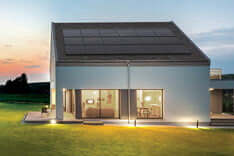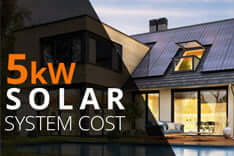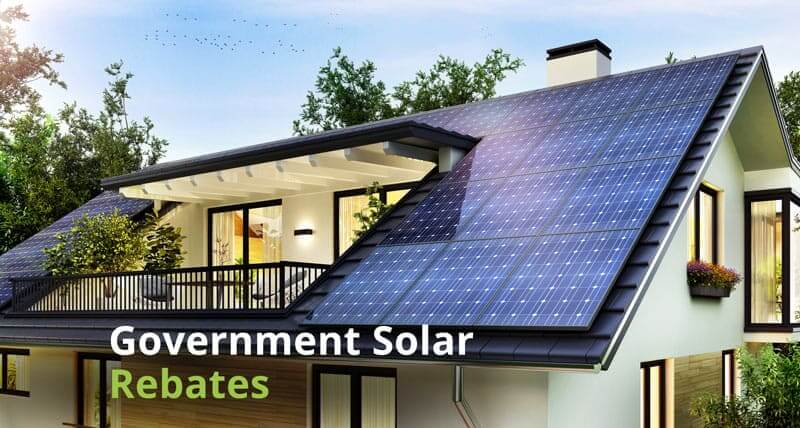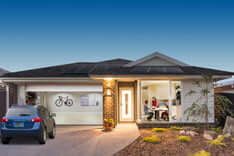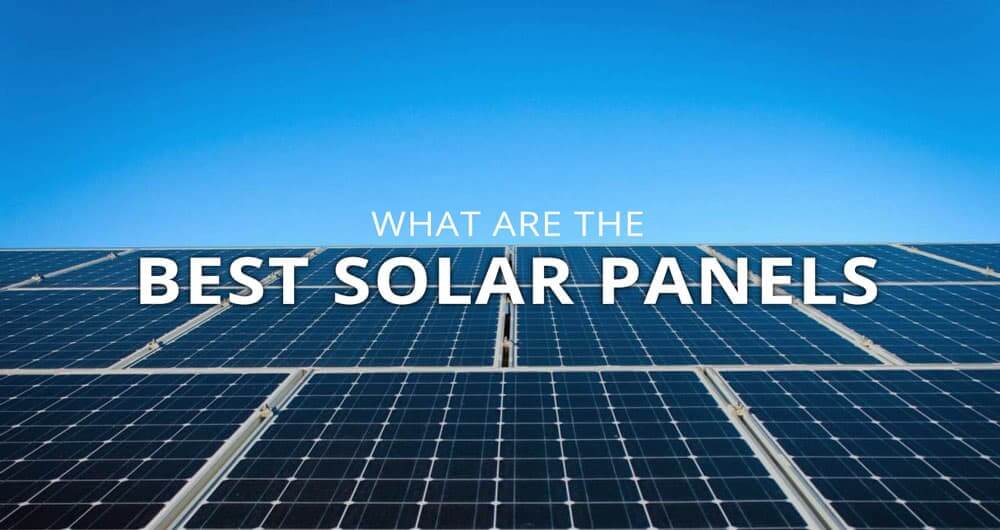Home Do Solar Panels Work at Night?
Do Solar Panels Work at Night?
One particularly striking inquiry is whether a solar panel can still function during the nighttime.
The straight answer is a resounding no, solar panels do not generate energy at night. Even though the panels may be able to absorb some moonlight, these are nowhere enough to power a house, however, that doesn’t mean that you cannot use power generated through the day at night.
Table of Contents
ToggleStore power produced during day at night
Another way to benefit from your solar panels even at night is through the use of solar batteries, particularly for people living in areas that are usually heavily cloudy, as the amount of energy been absorbed by the solar panels can be lower.
However, these storage banks serve as reservoirs for storing energy during the day when the solar panels are absorbing huge amounts of solar energy.
These solar batteries come active at night by distributing the energy that they have stored up for usage around the house. These batteries make it very convenient and reliable to rely on your solar panels without having any reason to buy electricity from the grid and can be very advantageous to someone who wants to go entirely off the national grid.
How can I use net-metering to my advantage at night?
Another major way to benefit from a solar system even at night time is net metering.
This is when your solar panel system is generating a lot more energy than you can consume, this excess energy is fed back into the grid. The national grid compensates you for the excess energy that you give to them by adding credits to your electric bill which means that your excessive energy generation can earn you money.
The major advantage to net metering is that in case your solar panels don’t absorb a sufficient amount of sunlight over a long period of time probably due to adverse weather conditions, you can take back the credits you fed into the grid when you were mass producing energy and use it to power your house, effectively making the grid a form of external storage.
Think of the energy grid as a communal battery for homes with solar. Instead of installing a battery yourself, just sell your excess power back to the energy companies and get credit to use it at night.
Do solar panels need direct sunlight?
The perfect condition for solar panels to put out the maximum power is direct bright sunlight. That being said they can still catch the light and generate power on cloudy days and when the sun is still low in the sky.
The average energy rating of solar panels is around 250kWh per panel. This means it will put out a maximum of 250kW per hour in ideal conditions, normally on sunny days between 10 am and 2 pm. Outside these hours they still do produce power, but not at their maximum due to reduced light.
So solar panels work in the shade?
The panels that are shaded will not work as their light source is being blocked. If you are using a central inverter, this will actually cause your whole system to drastically reduce its power output.
To avoid dips in power production during partial shading you should opt for micro inverters. This means each solar panel produces power independent of the rest of the array and is not affected by the shading of another panel.
If your whole system is in the shade, it will not produce power.
In conclusion, whereas solar panels do not function properly at night, there are options available to ensure that you still enjoy a safe and affordable energy consumption even with the inactivity of the solar panels. Before you also consider buying solar panels and engaging in solar installation, ensure to do an ample amount of research to make sure that using solar energy would benefit you enormously.
Table of Contents
Toggle
